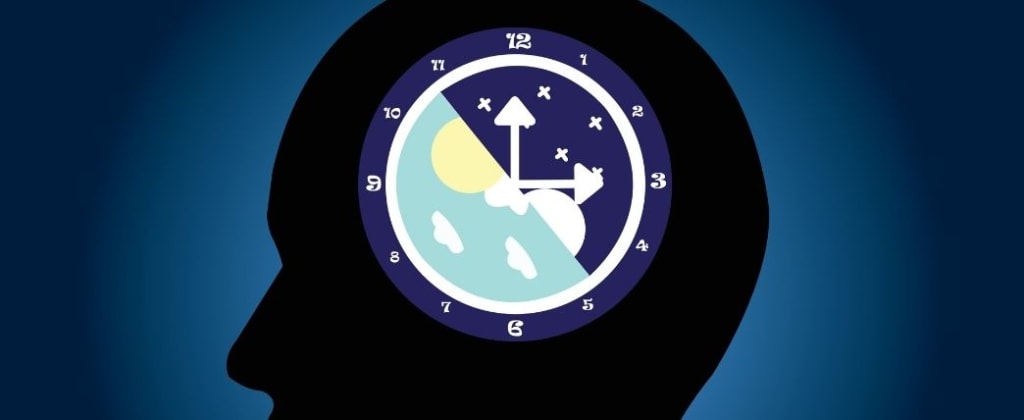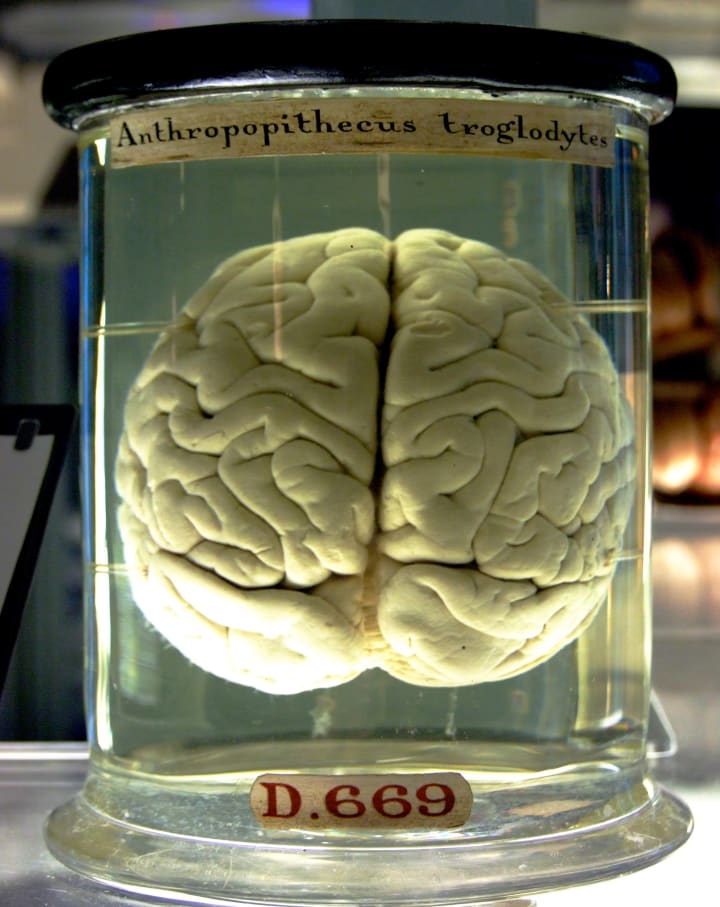Sweet Dreams: The Fascinating Story of Your Biological Sleep Clock
How a Tiny Gland in Your Brain Controls Your Sleep-Wake Cycle and Plays Tricks on You - All in the Name of Sweet Dreams!

Once upon a time, there was a little gland in your brain called the pineal gland. It was responsible for producing a magical hormone called melatonin, which helped you fall asleep at night. But little did you know, this little gland was actually the mastermind behind your sleep-wake cycle, known as the biological sleep clock.
Now, let me tell you a story about how this biological sleep clock works, and how it can be both sweet and funny at the same time.
Once upon a morning, your biological sleep clock wakes you up at the same time every day, telling you it’s time to start your day. But what if you’re not ready to wake up? What if you want to stay in bed and cuddle with your pillow a little bit longer?
Well, that’s where the sweet part comes in. Your biological sleep clock is actually very responsive to your needs. If you consistently wake up at the same time every day, it will learn your sleep-wake patterns and become more efficient at waking you up feeling refreshed and energized. It’s like having a little sleep coach in your head, guiding you towards better sleep.
But sometimes, your biological sleep clock can be a bit of a jester, playing funny tricks on you. Ever wake up in the middle of the night and feel wide awake, ready to conquer the world? That’s because your biological sleep clock is telling you it’s time to party! It’s like a little night owl that wants to stay up late and have fun.
On the other hand, have you ever felt like a sleepy sloth during the day, struggling to keep your eyes open? That’s because your biological sleep clock is telling you it’s time to rest. It’s like a little nap fairy that wants you to take a break and catch some Z’s.
But wait, there’s more! Your biological sleep clock is not just responsive to your needs, it’s also influenced by external factors. For example, have you ever traveled across time zones and experienced jet lag? That’s because your biological sleep clock is confused by the change in light-dark cycles. It’s like a little tourist in your head, trying to adjust to a new time zone and feeling a bit disoriented.
Or, have you ever stayed up all night studying for an exam and felt wide awake the next day? That’s because your biological sleep clock is influenced by your lifestyle and habits. It’s like a little coach potato in your head, telling you to chill out and take a break.
So, what can we do to keep our biological sleep clock happy and healthy? Well, the answer is simple: sleep hygiene. Just like we need to brush our teeth to keep them healthy, we need to practice good sleep hygiene to keep our biological sleep clock in check. This can include things like maintaining a consistent sleep schedule, avoiding caffeine and alcohol before bedtime, and creating a relaxing sleep environment.
So there you have it, the sweet and funny story of your biological sleep clock. It’s a little gland in your brain that works tirelessly to keep you feeling rested and energized. So next time you’re feeling sleepy or wide awake at the wrong time, just remember that your little sleep coach is always watching out for you.

What do circadian rhythms entail?
Circadian rhythms are changes in the body, brain, and behaviour that occur on a 24-hour cycle. Most living things, including animals, plants, and microbes, are impacted by these natural processes, which primarily react to light and darkness. The study of circadian rhythms is called chronobiology. The circadian rhythm of sleeping at night and being awake during the day is one example. The average teen's circadian rhythm cycle is depicted in the circadian rhythm cycle image.





Comments
There are no comments for this story
Be the first to respond and start the conversation.